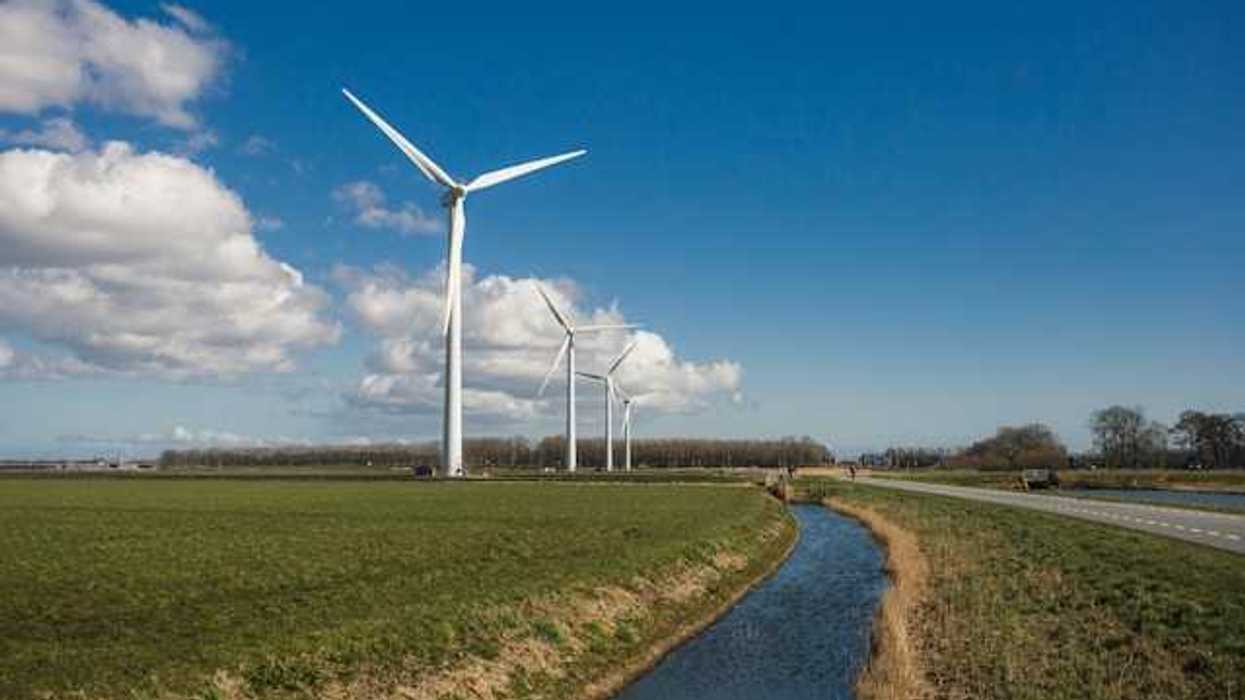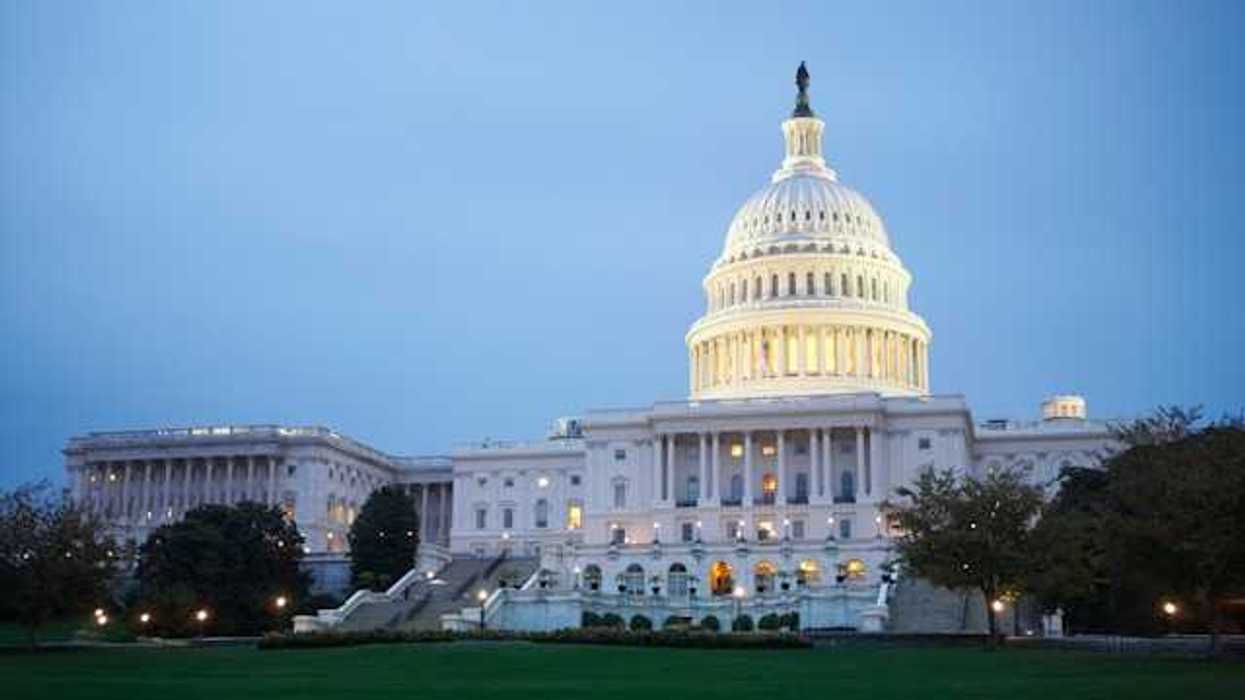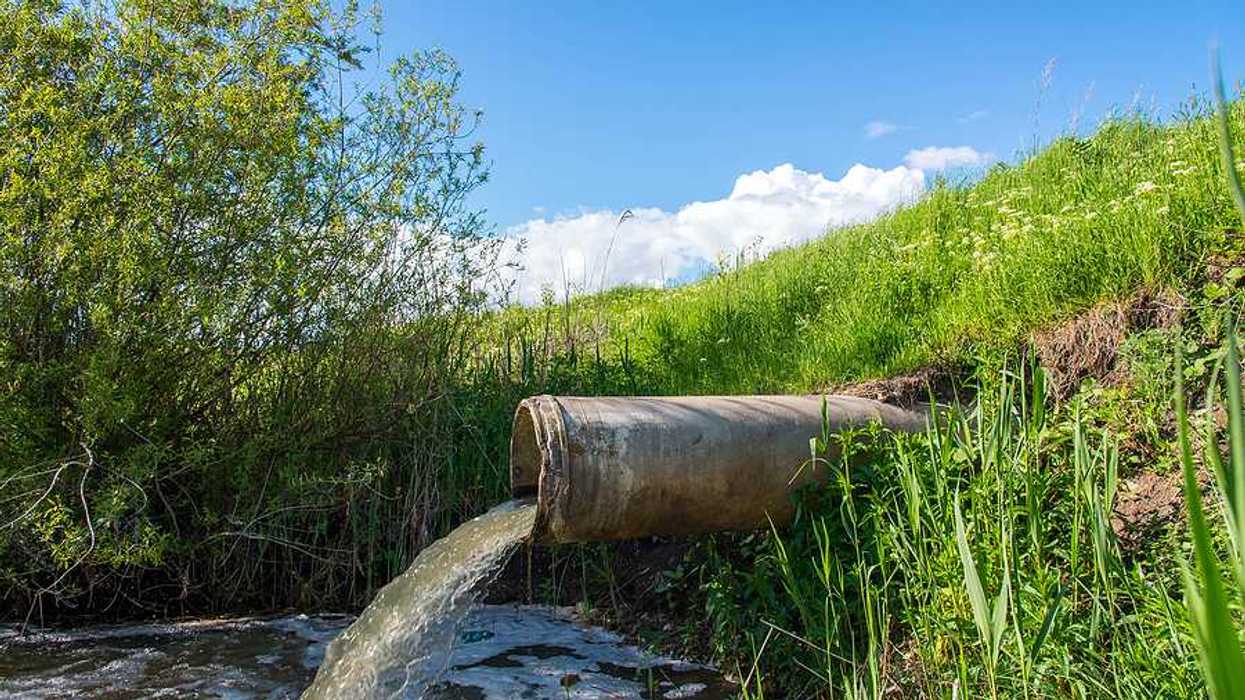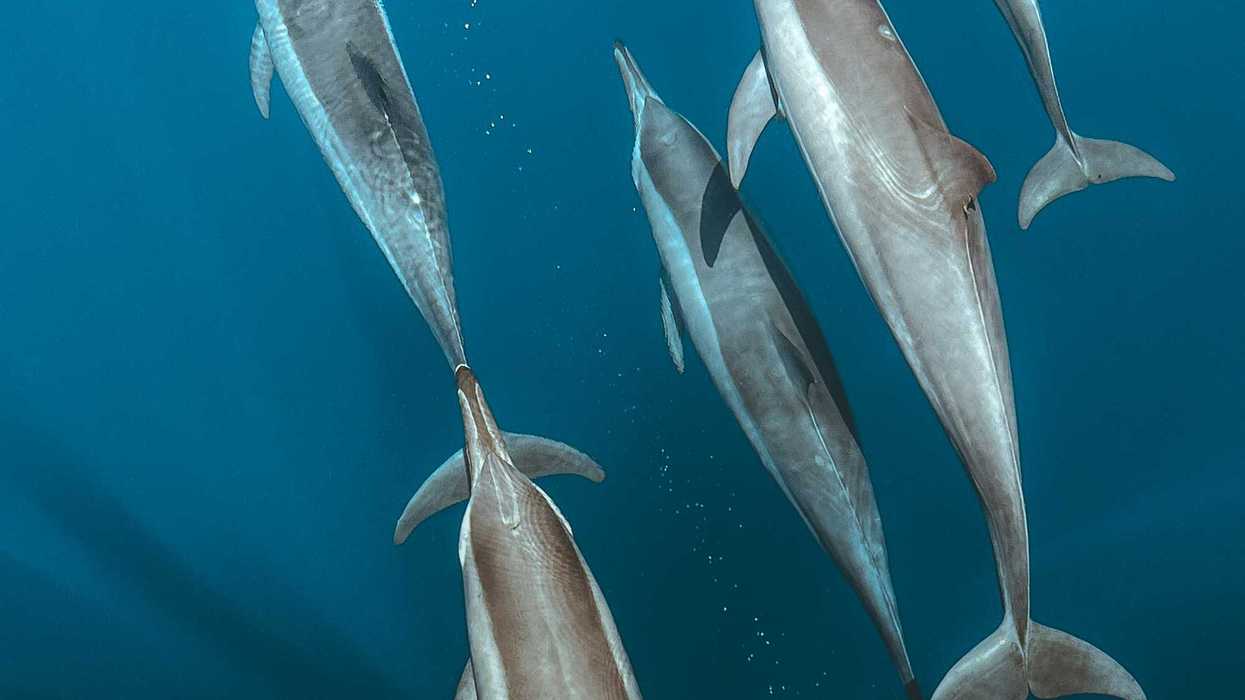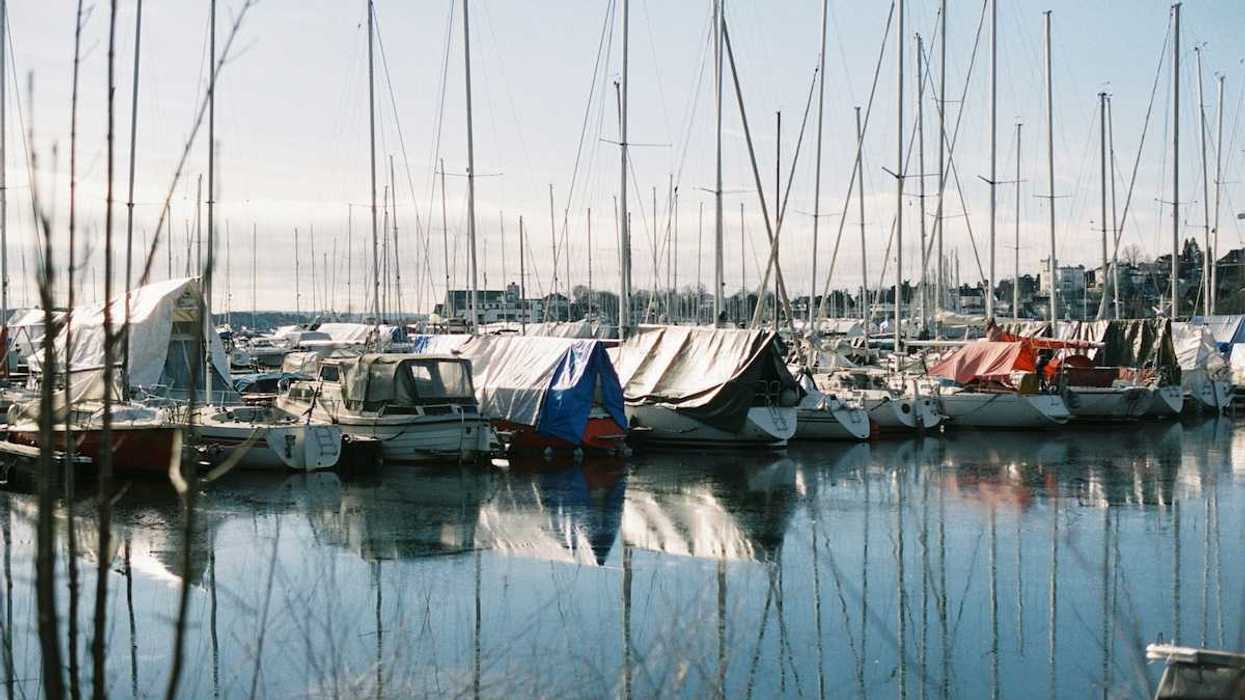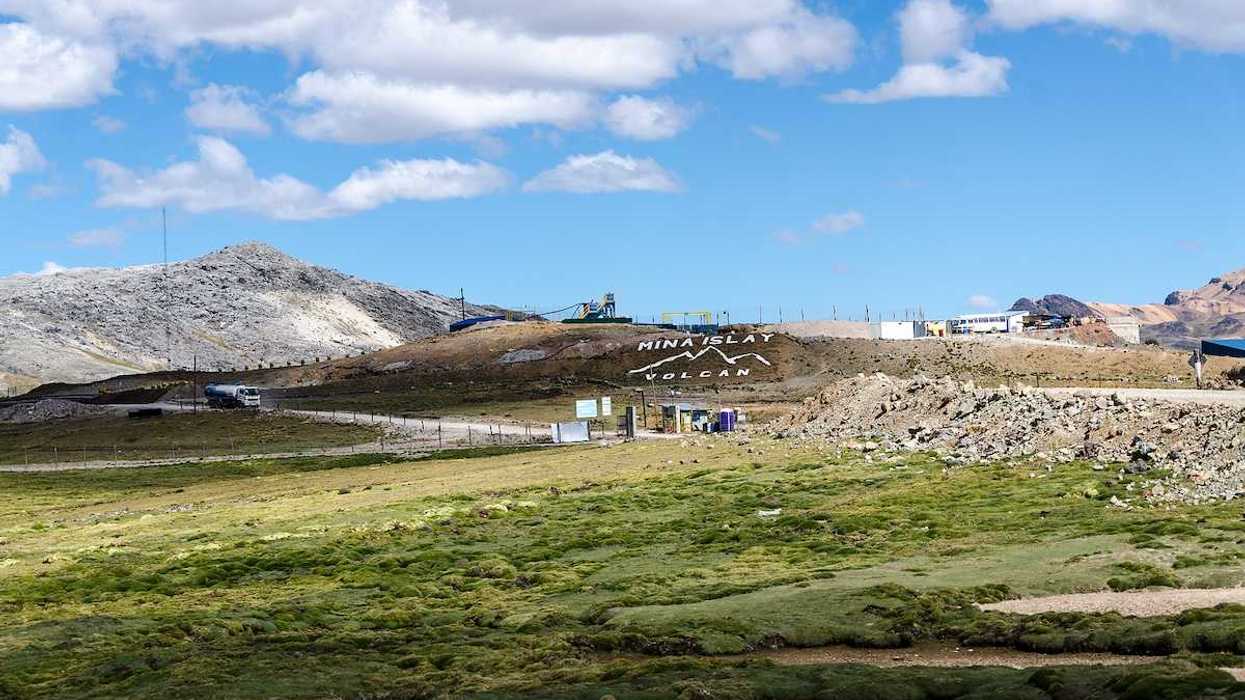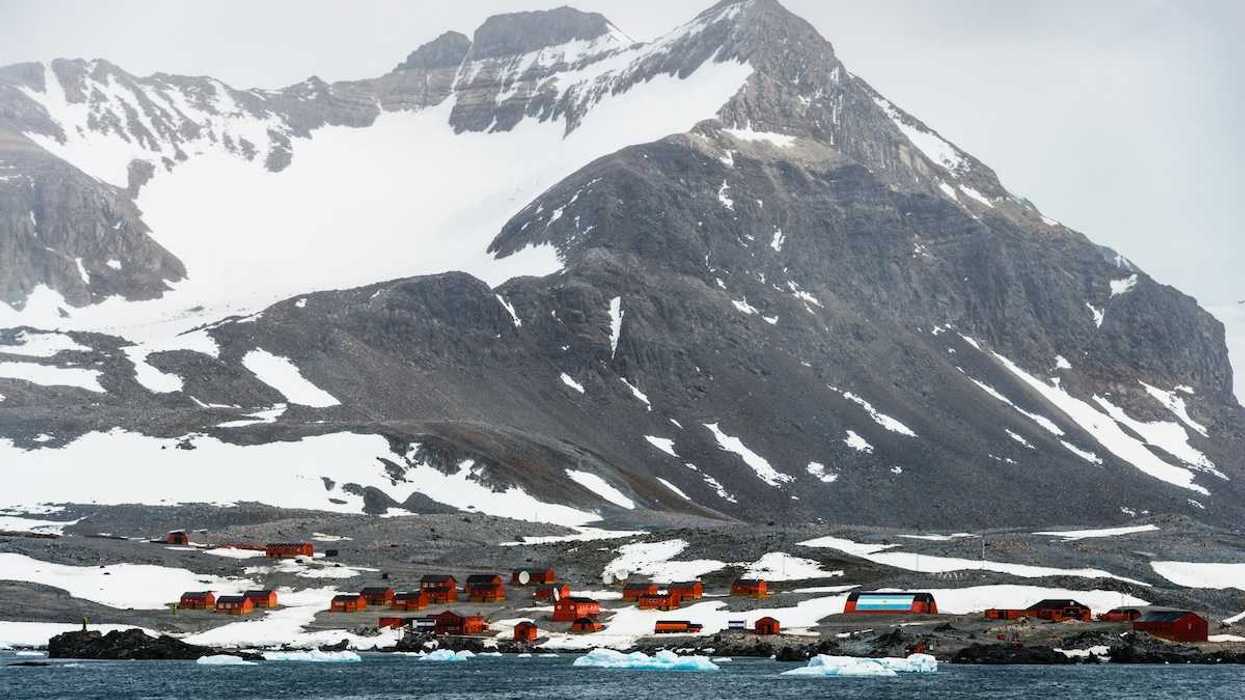The breakdown of ecosystems that absorb carbon—forests, soil and oceans—threatens global climate targets as the world sees record temperatures and environmental degradation.
Patrick Greenfield reports for The Guardian.
In short:
- Forests, plants and soils absorbed almost no carbon in 2023 due to extreme heat, fires and drought.
- Ocean systems are also under threat from melting ice and warming currents, which disrupt natural carbon absorption processes.
- Without the carbon sinks provided by nature, reaching net-zero carbon emissions will be impossible.
Key quote:
“Nature has so far balanced our abuse. This is coming to an end.”
— Johan Rockström, director of the Potsdam Institute for Climate Impact Research
Why this matters:
The weakening of natural carbon sinks could accelerate global warming, undermining efforts to combat climate change. Without these vital systems absorbing carbon, deeper emission cuts will be required to prevent catastrophic temperature rises.
Read more: Forests struggle to absorb carbon due to extreme heat and wildfires



